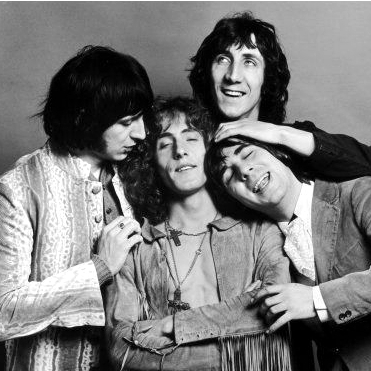Author: admin
-
Jimi Hendrix
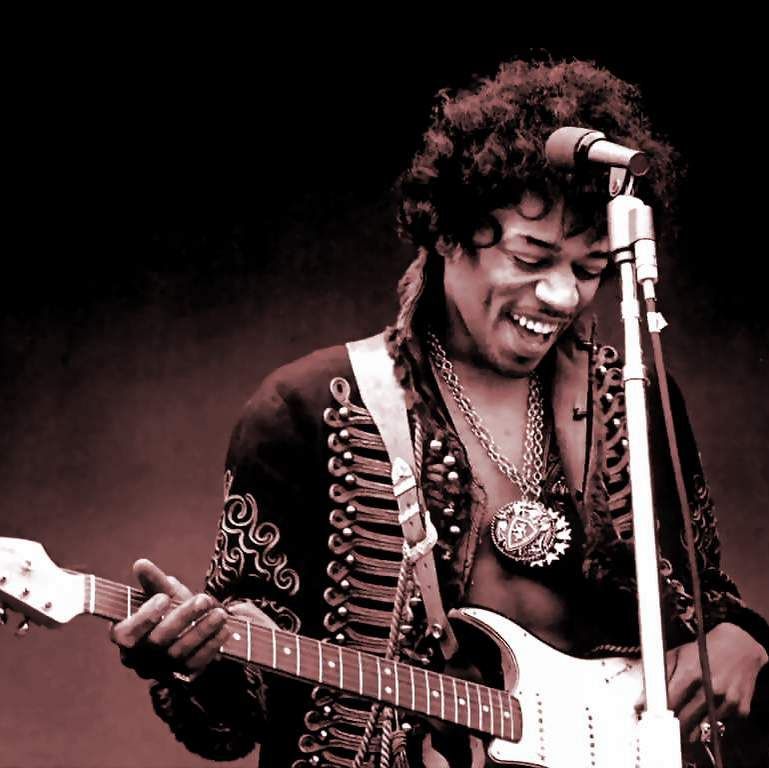
Although primarily associated with the late 1960s, Jimi Hendrix’s impact extended into the early 1970s. His innovative guitar playing and genre-defying approach influenced countless musicians and continue to be celebrated.
-
Pink Floyd
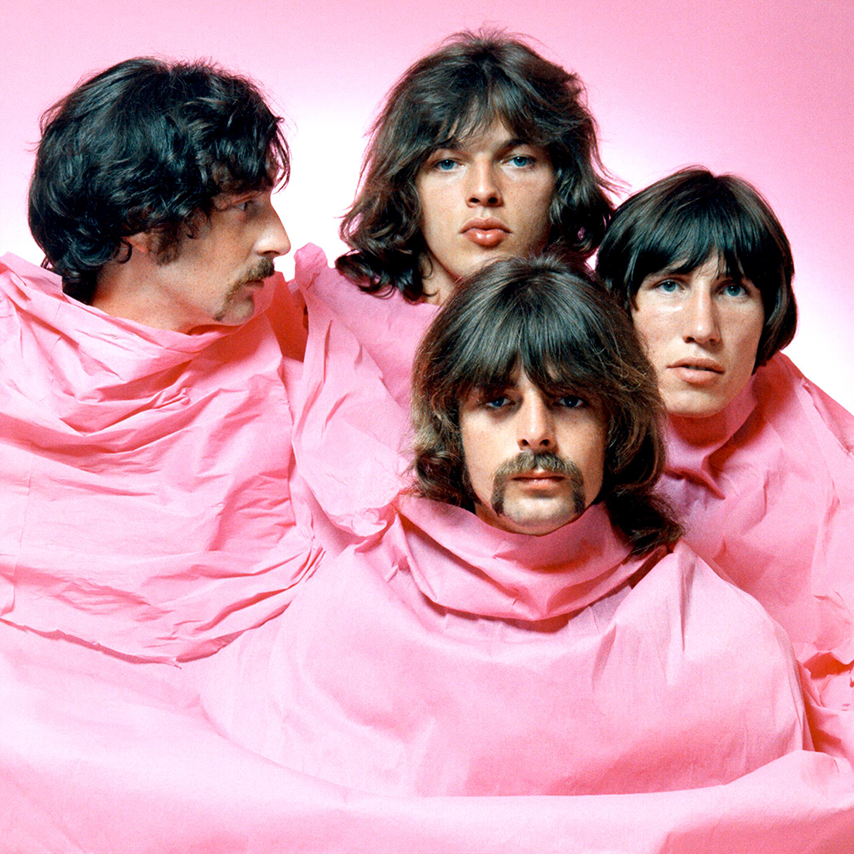
Pink Floyd is synonymous with progressive and psychedelic rock. In the 1970s, they released masterpieces like “The Dark Side of the Moon” (1973) and “Wish You Were Here” (1975), pushing the boundaries of musical and conceptual innovation.
-
The Rolling Stones

The Rolling Stones continued their success from the 1960s into the ’70s. Known for their energetic live performances and a catalog of hit albums, including “Sticky Fingers” (1971) and “Exile on Main St.” (1972), the band remained influential throughout the decade.
-
Led Zeppelin
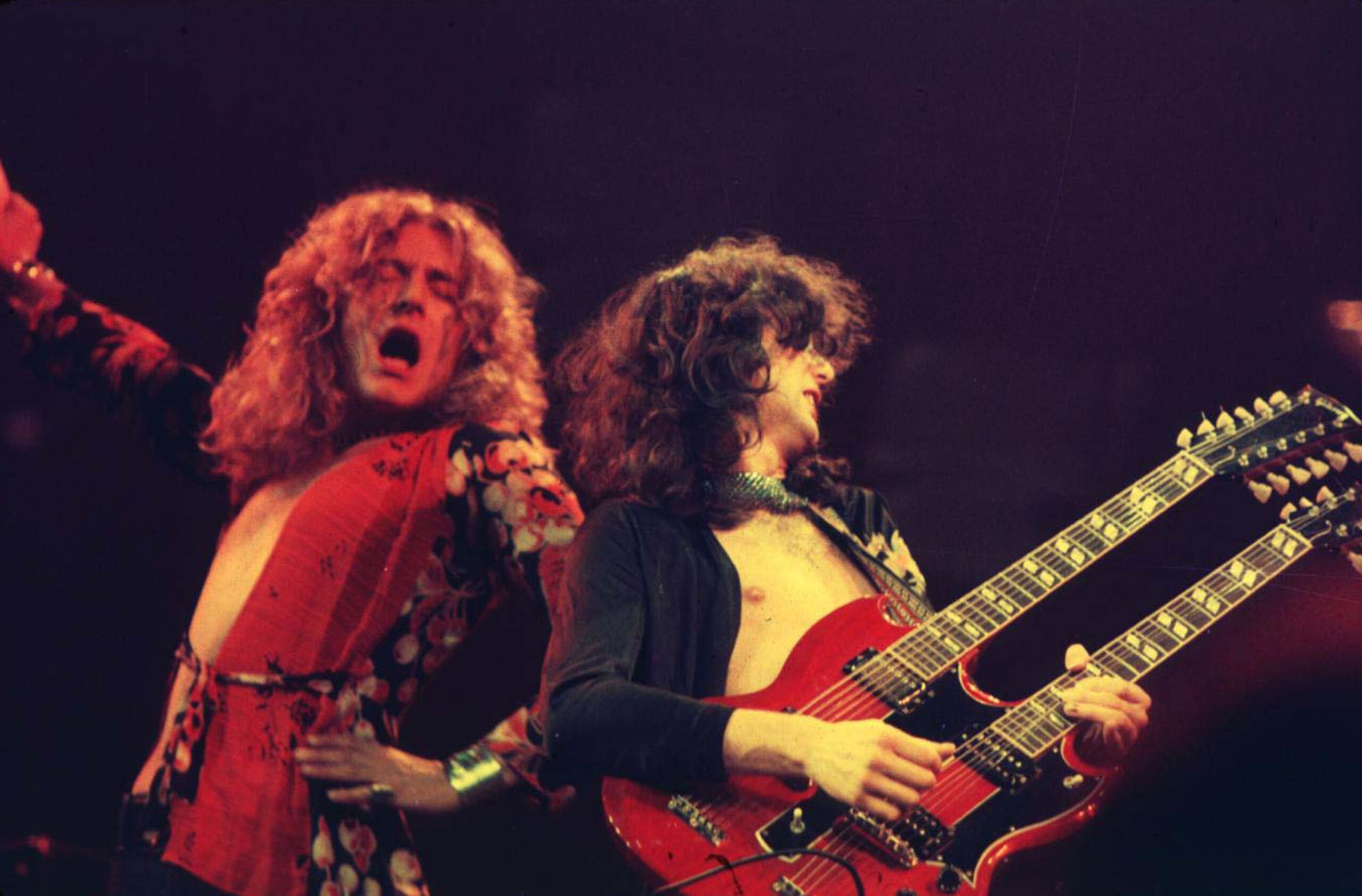
Led Zeppelin is often regarded as one of the greatest rock bands of all time. With their powerful blend of blues, hard rock, and folk influences, Led Zeppelin produced classic albums like “IV” and “Physical Graffiti” during the 1970s.
-
John McLaughlin

As a guitarist and leader of the Mahavishnu Orchestra, John McLaughlin challenged jazz conventions with his virtuosic approach and fusion of jazz with progressive rock and Indian music. Albums like “The Inner Mounting Flame” (1971) were influential in the jazz scene of the era.
-
Chick Corea

Chick Corea experimented with a variety of styles in the 1970s, from jazz fusion with Return to Forever to collaborations with musicians like Gary Burton. His album “Return to Forever” (1972) is a standout example of his contribution to fusion.
-
Weather Report
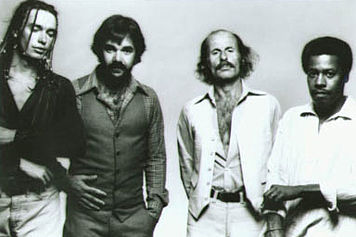
This influential jazz fusion group was formed by keyboardist Joe Zawinul and saxophonist Wayne Shorter. Their album “Heavy Weather” (1977) is particularly notable and has left a lasting mark on contemporary fusion.
-
Herbie Hancock
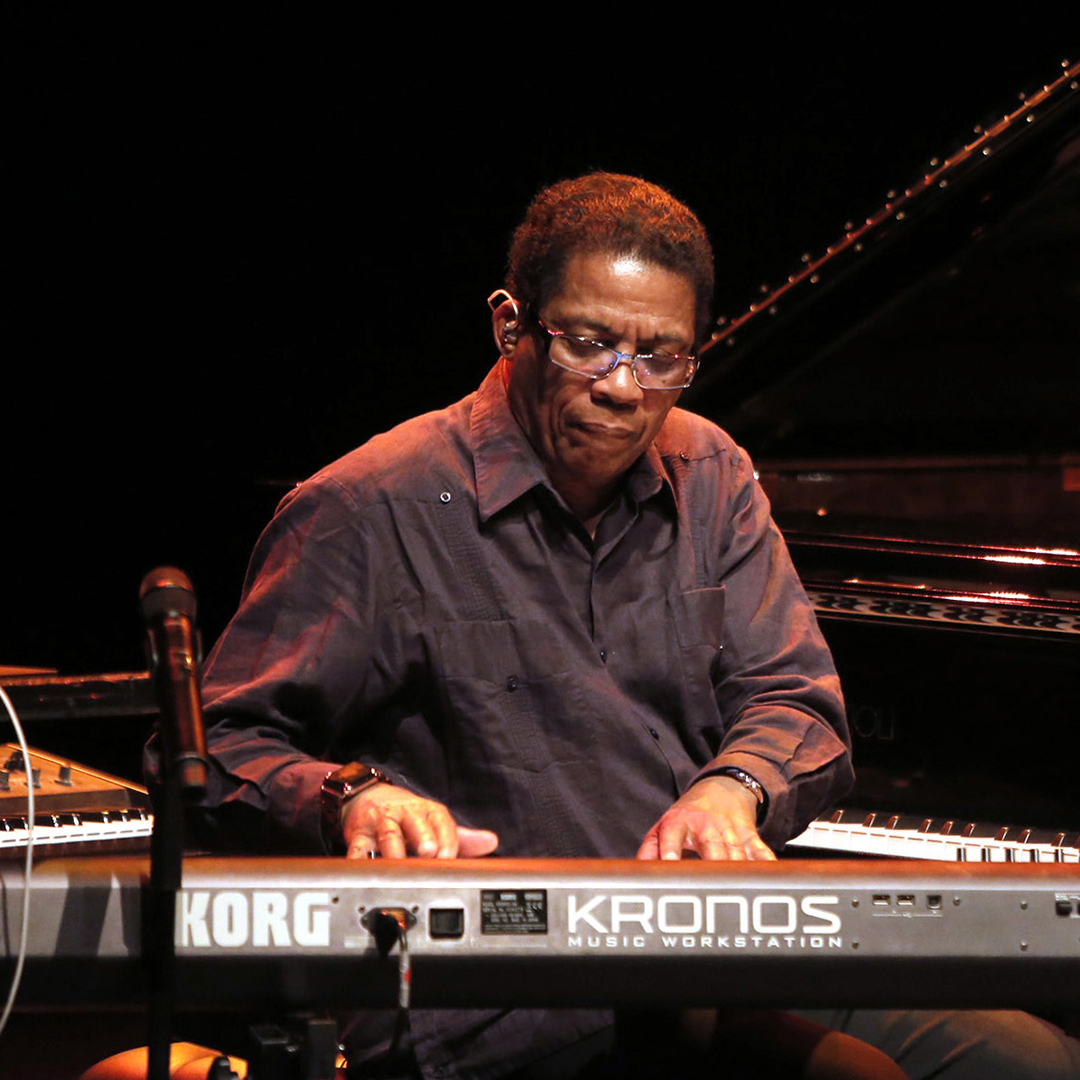
Herbie Hancock explored new directions in the 1970s, especially with his album “Head Hunters” (1973), which fused jazz with elements of funk and electronic music. His ability to adapt to emerging trends significantly contributed to the evolution of jazz during that time.
-
Miles Davis
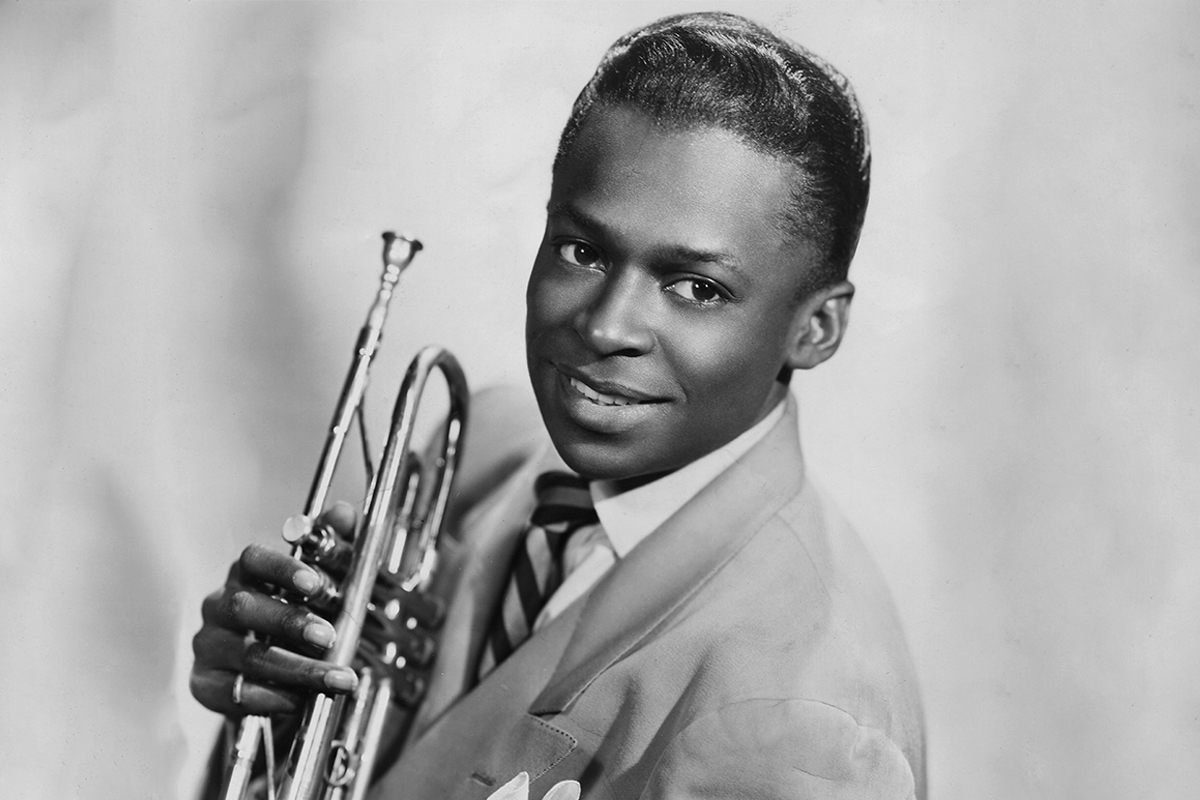
While Miles Davis had already been an influential figure in previous decades, in the 1970s, he continued to break new ground with his experiments in jazz fusion. Albums like “Bitches Brew” (1970) and “On the Corner” (1972) are fundamental milestones in jazz-rock fusion.
